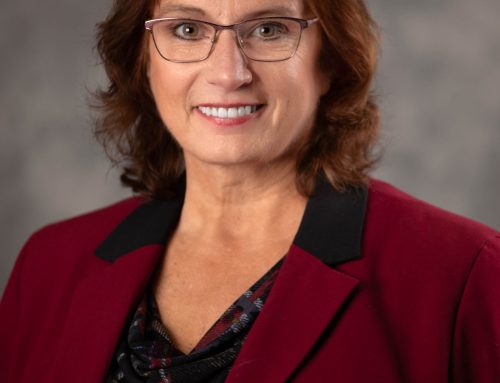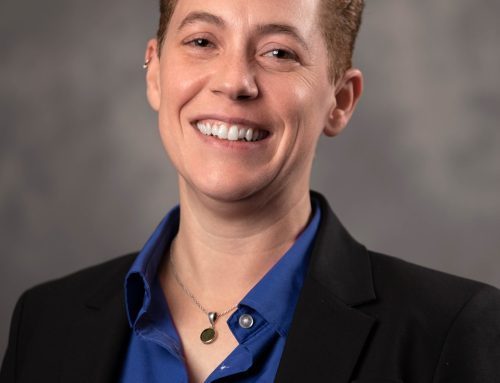Thoughts and Suggestions for Mental Health Awareness Month
by Sara Kendall, MSW, LICSW, Vice President Clinical Operations for MHA
When we’re not feeling well physically, we reach out for help from a health professional with rarely a second thought. But what about when we’re not feeling well emotionally? Most people don’t treat mental health with the same openness or urgency as we treat physical health. Too often, we treat mental health as a taboo topic to be avoided.
But mental health is like physical health—we all have it—and now is a great time to start talking about it because May is Mental Health Awareness Month. This annual observance goes way back to 1949 and helps shine a light on the importance of mental health as part of overall wellness. In my role as the leader of clinical operations for MHA, I’ll be reaching out (even more than usual) to help people share, in a comfortable way, issues related to emotional wellness.
Some colleagues and I had a conversation about this topic recently. Someone had mentioned a problem with back pain that wasn’t going away. A co-worker offered support and a suggestion for how to feel better. “When my back was hurting I saw a chiropractor, and after a few adjustments I felt a lot better.” People talk openly and make suggestions to help someone feel better when physical health is involved.
Now consider what may have happened if mental health was involved. Say someone mentioned feeling depressed and their sad feelings just wouldn’t go away. Would a co-worker be as likely to listen and be supportive? Have you heard a co-worker say, “When I was feeling down, I talked with a therapist, and after a few sessions I felt a lot better.” It’s not typically something people feel comfortable talking about.
A good way to start being more comfortable with mental health as a topic is to start talking about it. Does your child or other family member seem sad lately? What about a friend, neighbor or co-worker? Ask how they are feeling—and then listen to what they say. Show empathy. Engage the other person so they feel comfortable enough to reveal that they aren’t feeling well. The openness that grows from talking about how we feel helps build resiliency—in individuals, families and communities—that can help us all feel well.
Perhaps you’re thinking, “I’m not a licensed counselor, can I really help?” In fact you can, simply by being a person who cares. Just remember ASR, which stands for Ask, Support and Recommend:
• Ask the person a nonjudgmental, open-ended question like, “How are you feeling?”
• Support the person by listening to their response and showing your concern.
• Recommend the person take the same first step they’d take with any health concern. You might say, “You have a family doctor, right? That’s someone you trust. Start there and see where it takes you.”
Another option is to call 844-MHA-WELL. That will connect you to Bestlife, MHA’s brand-new outpatient center for emotional health and wellness. From assessment and counseling to treatment and support, Bestlife helps individuals, couples, families and groups focus on achieving wellness in their lives.
If you’d like to sit down in a comfy camp chair and talk informally with a mental health professional, come to the Food Court at Tower Square, 1500 Main Street in downtown Springfield, on May 16 between 10 am and 1 pm. MHA is offering a free opportunity for anyone who’s interested to start talking about mental health.
We all have mental health—so let’s start talking about it!





